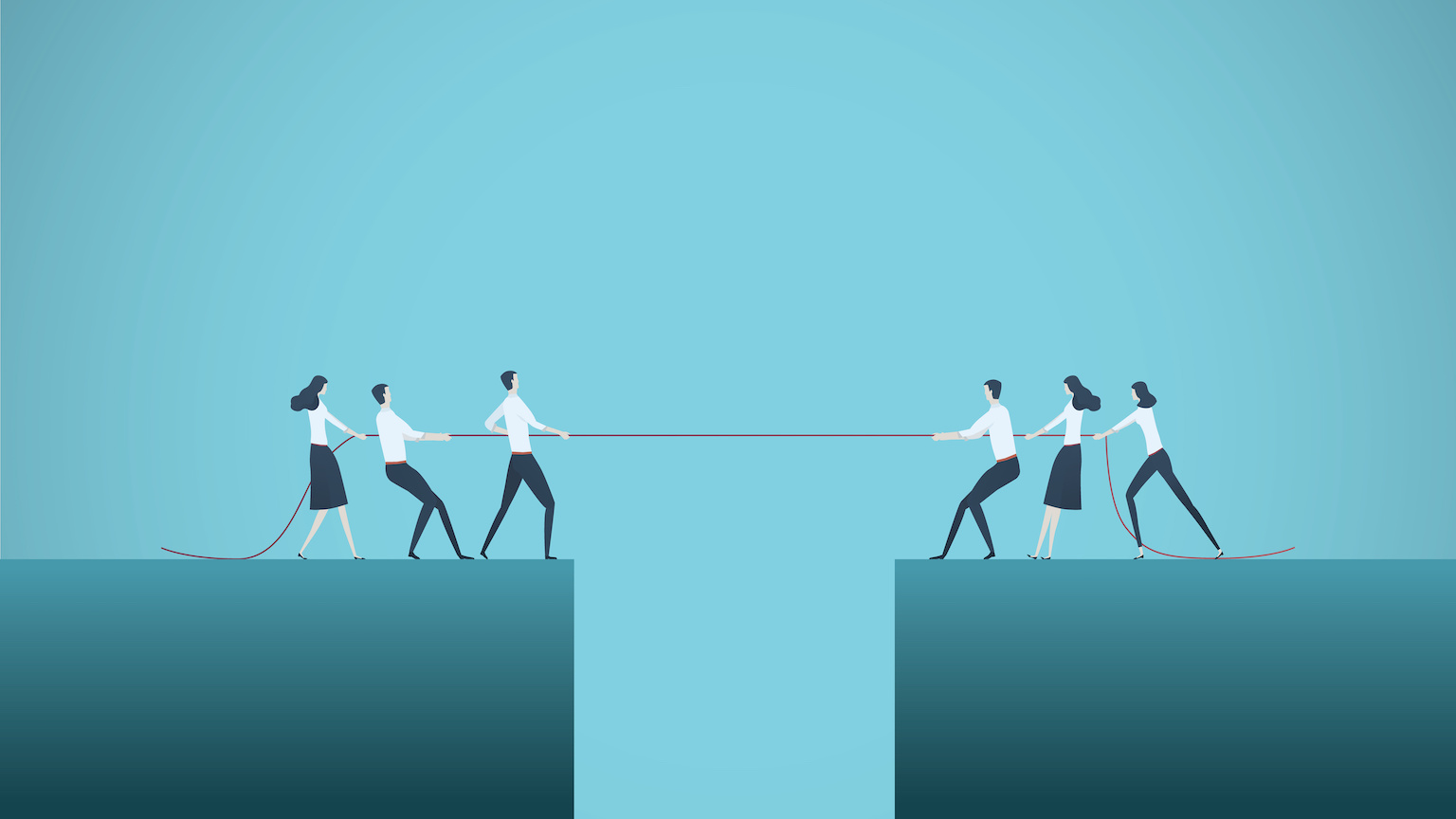Does sexuality impact the world of professional bonding? Internet entrepreneur Peter Sisson weighs in on the issue. This video is part of a “Profiles in Entrepreneurship” series with Start Out, which promotes entrepreneurship in the LGBT community. http://www.startout.org/
Question: Has being gay affected your experience as an entrepreneur?
Peter Sisson: Yeah, I think where it has has mostly been in the opportunity to bond with people in the industry. Certainly in the Bay Area, where I've started most of my businesses, it's really a non-issue, and in fact it can even be a plus because there's so much networking within the gay world there. There was an instance where a couple, you know, a guy who was very senior at Facebook and has moved on to an even bigger role elsewhere, a guy, a really good guy to know, very smart guy. I've known him for 10 years. And you know, he and another guy I know went on kind of a stag trip to Las Vegas. And I wasn't invited and didn't know about, and found out afterwards, and it was fine, but you know, I think they wouldn't have felt comfortable with me being there because it was kind of a stag, male bonding thing. And I probably wouldn't have been comfortable in it. The other thing that happens is increasingly -- I've chosen not to have kids; I realize you can have kids as a gay adult, but I've chosen not to -- and increasingly, peoples' lives center around their families and social calendars. So there's stuff that maybe I'm not as connected with people because I don't set up play dates with their kids and my kids and all that kind of stuff. So there's some social aspects, maybe, that I miss out on, but there's never been any sort of problem with anyone finding out that I was gay and suddenly not wanting to do business with me or not wanting to fund me, or -- you know, in fact, typically what happens -- because I was afraid to tell people -- but when I finally told people at WineShopper, the management team, it was amazing. It really was amazing.
I was in a fraternity in college and learned how to fit into a very male-dominated environment and was just fine at it. So I tended to slip into that. But you know, what I don't do any more is, I don't feign interest in sports, because I'm simply not. And I don't feign interest in girls, because I'm simply not. And so whereas up until maybe even 10 years ago I would sort of, you know, jump in on those conversations, and it just felt so wrong, right? So I think that was -- that's the only issues, is maybe just missing out on some bonding opportunities with people that are straight-oriented, like family stuff and stuff. But other than that, not really an issue.
Question: Who do you look to as a gay business icon?
Peter Sisson: I looked at that question, and you know, my favorite business icon is Steve Jobs in terms of my role model, and he's not gay. But I couldn't think of anyone in the business world that I knew was gay, and that, I think, is telling, right? Because I'm sure that some of these very successful business people that are out there are gay, but they're not out. And so that's why it's difficult to answer that question in the business world, because you know, I know -- confidentially, so I won't say -- but I can think of five major household name companies where I know either the CEO or very senior people who are gay, but they're very careful about it. And so I think the business world is kind of the last frontier, I think, for that kind of diversity to really take hold, and it's interesting: it also is very regional. I think if you're in -- it's a big difference if you're trying to business in perhaps a more conservative part of the country than it would be if you're doing business in San Francisco or New York, where really it is completely a non-issue, it's just irrelevant.
Question: How do you anticipate dealing with cultures that treat homosexuality differently?
Peter Sisson: Yeah, there are issues. I think in the Arab world, for example, I think it would be very challenging. And China -- I don't know as much about their views on homosexuality, but I imagine not great. You know, the bottom line is that business -- unless you're in the sex business -- there's no reason to mix sex and business. And just like in the straight world, it would be inappropriate in a meeting to discuss your fetishes or something like that, and you know, your wife and all. You just don't talk about it, and so it really doesn't need to be relevant, and it doesn't need to be discussed. And it would be weird. I actually -- I've always been of the belief that I should just be myself. And if someone asks me, “Are you gay?” I will answer them honestly, but I'm not going to broadcast it, because it's a personal characteristic of me. I was made this way, and it's nothing that I need to rub in everybody's face. It’s just an aspect of me. I have no problems with it. I'm proud of myself, but it isn't something I need to wear on my sleeve. And so I just can't think of, in 20 years of doing business in some form, I can't think of any situation where it's ever come up in any kind of meeting with, you know, big companies, Sony, Dell, Staples, all big corporations I've met with, New York Times. And it just never comes up, which is great.
Recorded on October 1, 2009





